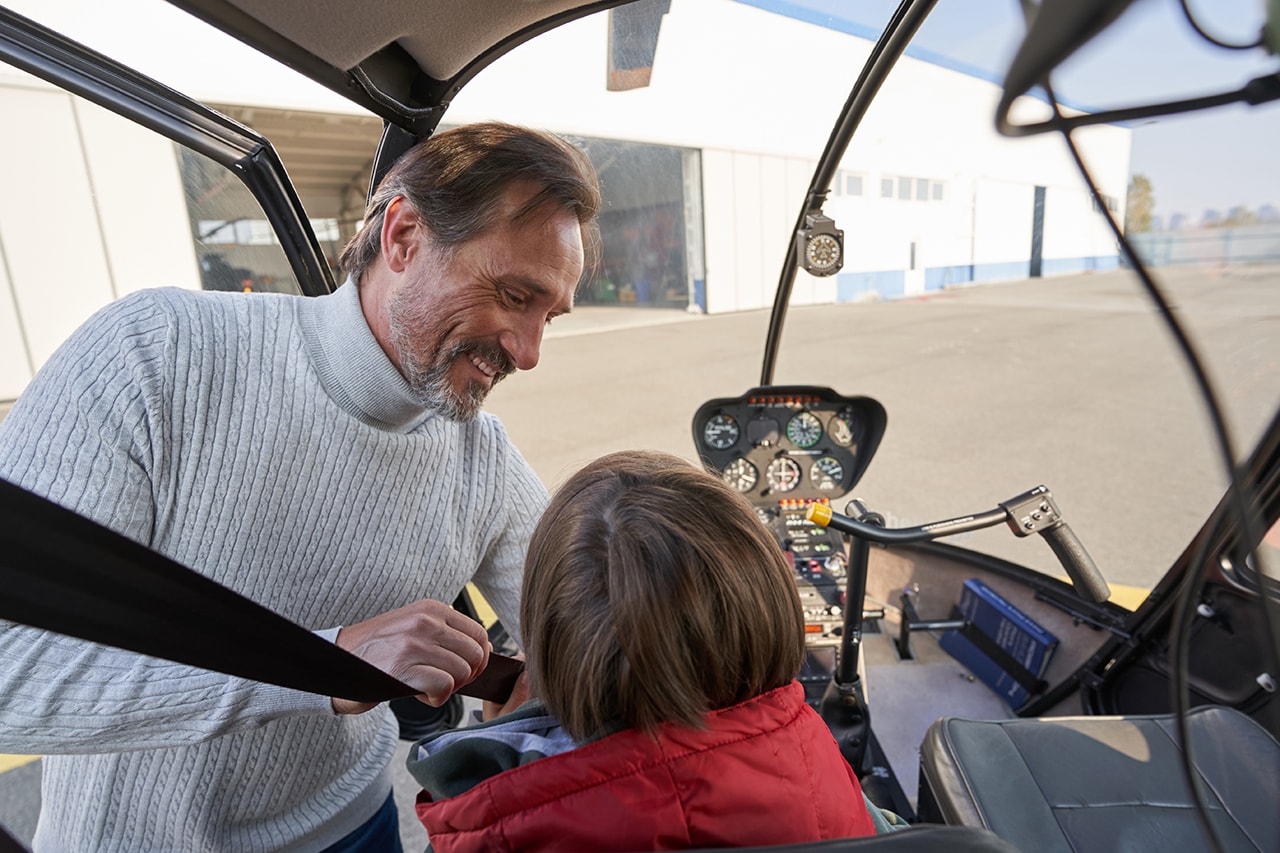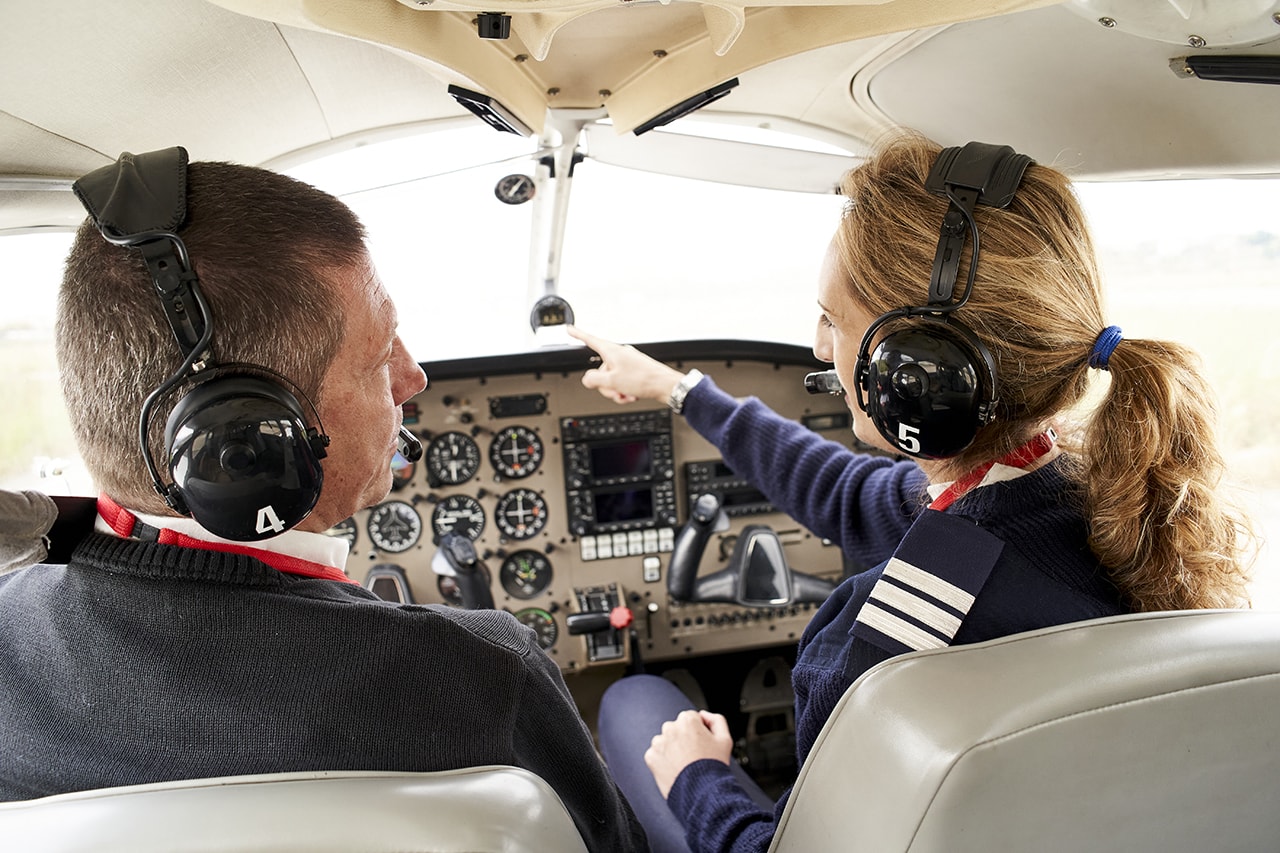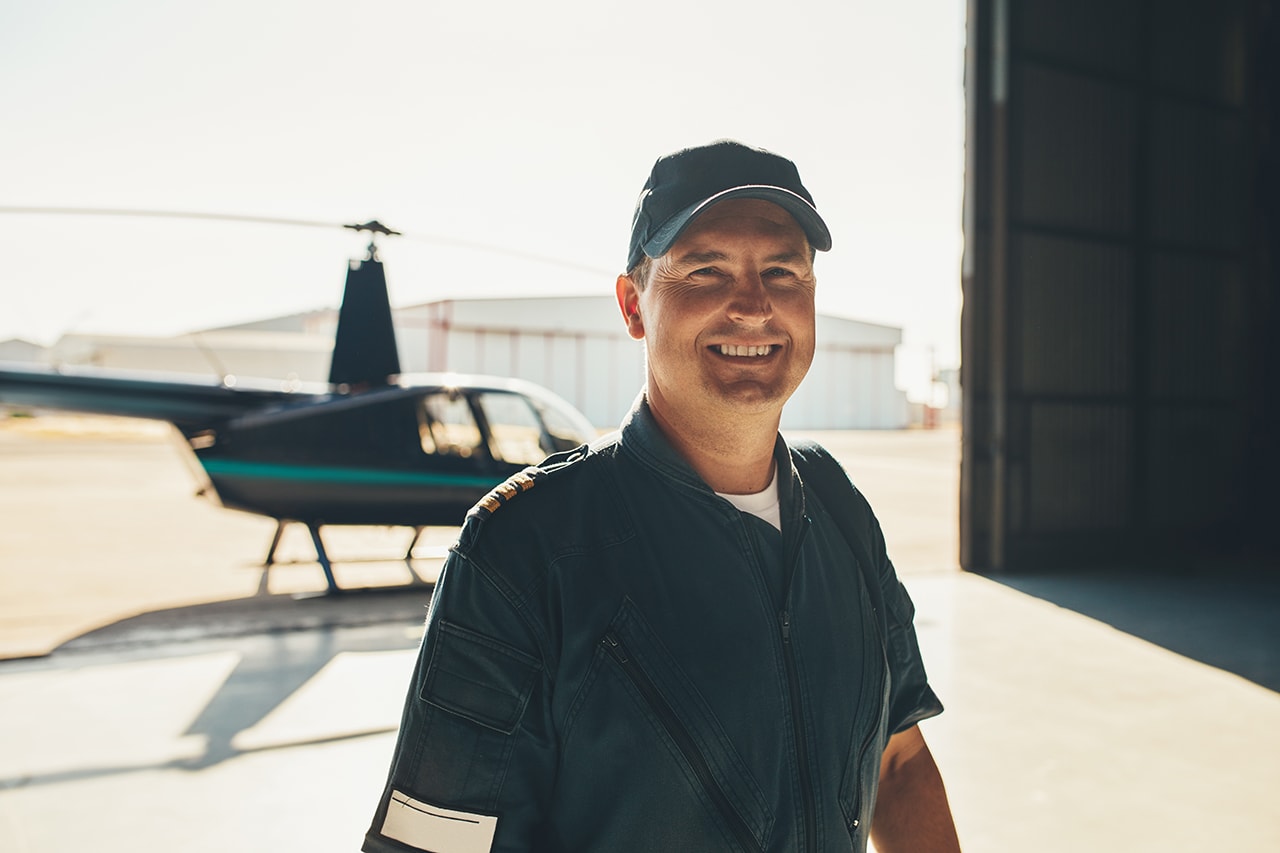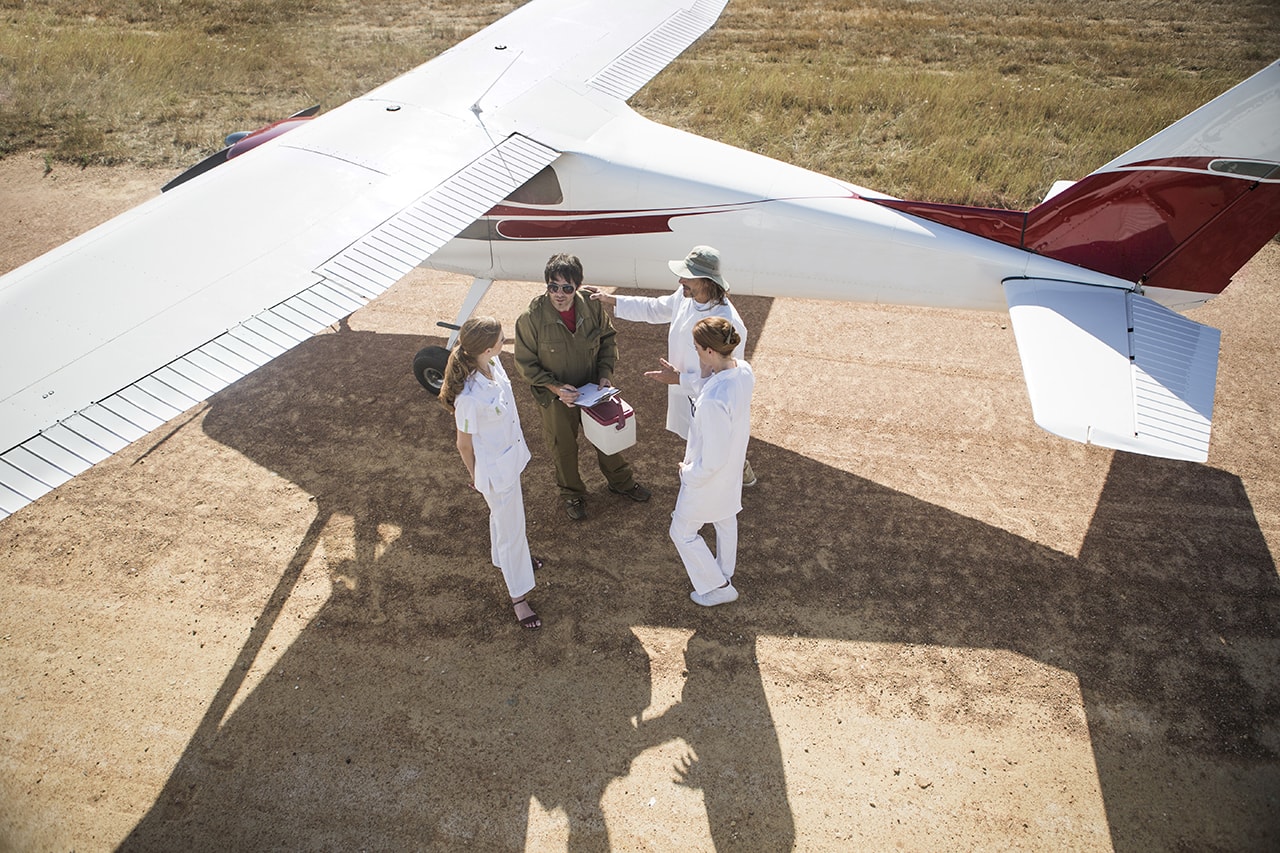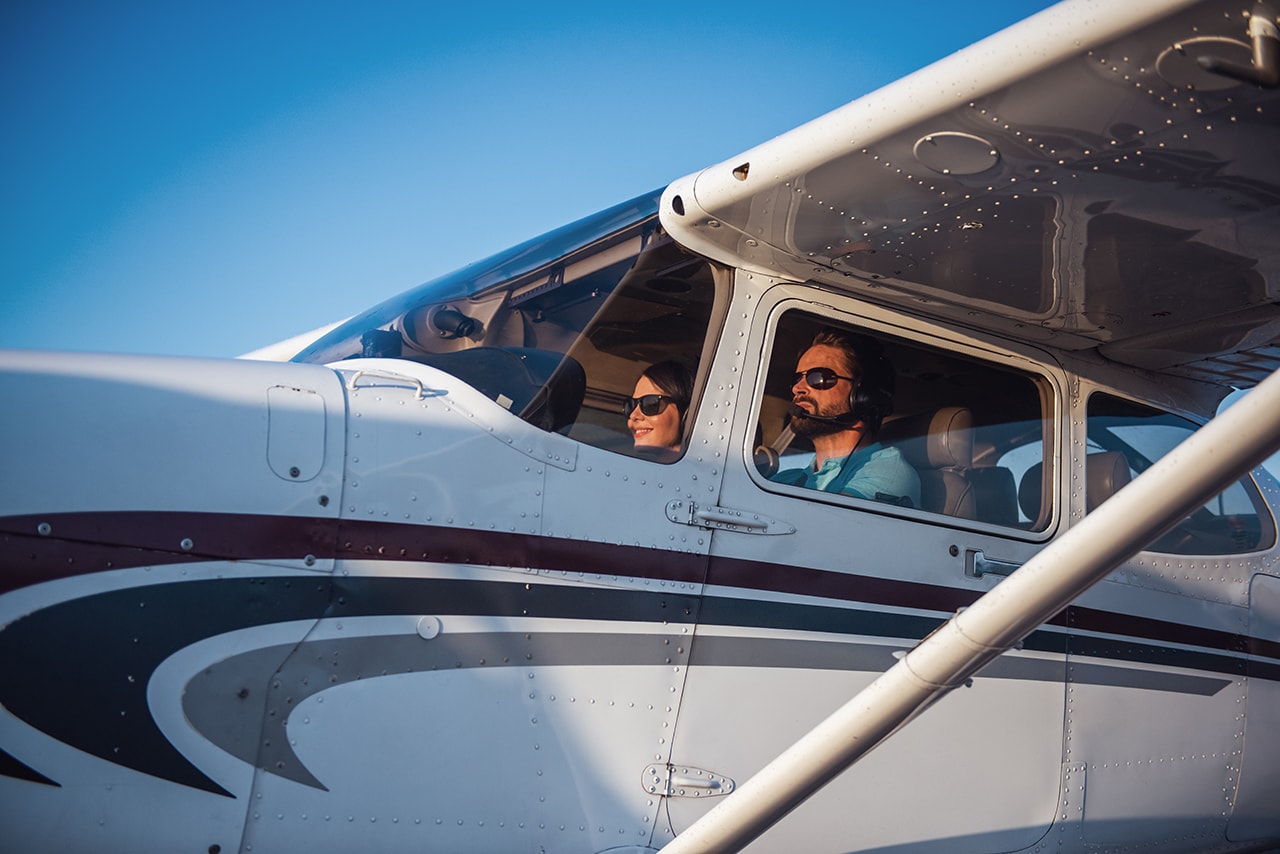Top Flying Lessons Denver: Start Your Aviation Journey Today
Nov 08, 2024
Discover the Advantages of Flight Training in Denver
Denver is a great place to become a pilot because of the weather. 300+ days of sunshine a year means students have many opportunities for safe, consistent flight training.
This stable weather allows for routine practice flights which is key to learning the basics of flying. Plus, the weather reduces the chance of last-minute cancellations which is common in places that get rain or fog.
The city’s location is also a bonus. The Rocky Mountain Front Range is a beautiful backdrop and a practical training ground. Flying around mountains can be tough but it teaches you the skills you need to fly complex terrain anywhere else.
For those looking for the best flight lessons Denver has to offer, training here exposes students to real-world scenarios they’ll encounter in their aviation careers. Additionally, those pursuing a pilot license Denver can take advantage of the unique flight training conditions that Denver provides.
Another benefit of flight training in Denver is Centennial Airport (KAPA). This airport is known for being efficient and has minimal delays so you can have a reliable schedule for your training. Unlike busier airports, KAPA allows you to spend more time in the air and less time waiting for takeoff slots.
This facilitates a focused learning environment where students can concentrate on developing their flying capabilities without unnecessary interruptions.
Selecting the Ideal Flight School for Your Needs
When selecting a flight school, safety and reputation should be your top priorities. Look for schools with a strong safety record, as well as experienced instructors who consistently help students achieve high certification pass rates. These factors will ensure you receive quality education and training.
Ensure the school is FAA-certified, demonstrating its adherence to high aviation standards. Consider the variety and condition of their aircraft fleet—well-maintained planes are crucial for both safety and learning. Choosing a school with appropriate training aircraft will enhance your flying experience.
If you’re looking for top-notch training, Denver flight schools offer a variety of options with excellent reputations and experienced instructors. Don’t underestimate the power of personal recommendations and reviews from current pilots. These insights can provide you with valuable information about the flight school's environment, helping you make a well-informed decision.
Comprehensive Flight Training Programs and Certifications
Unleash your potential with Denver's dynamic flight training programs! Whether you're aspiring to fly for recreation or aiming for a commercial career, these comprehensive courses cater to diverse ambitions.
From obtaining your Private Pilot License to advancing with an Instrument Rating, unlock the sky with confidence and expertise. Dive in and discover the pathway to your aviation dreams!
If you’re seeking top pilot lessons Denver has to offer, Denver's flight schools provide programs tailored to varying pilot goals:
-
Private Pilot License (PPL): For personal flying and recreation.
-
Instrument Rating (IR): Master flying in different meteorological conditions.
-
Commercial Pilot License (CPL): Train for commercial flight capabilities.
-
Flight Instructor Rating (FIR): Qualify to instruct and pass on flying lessons.
-
Discovery Flight: A beginner's opportunity to experience the thrill of flight.
What Flight Training Entails
Flight training starts with ground school where you’ll get to dive into the basics of aviation. Here you’ll cover topics like flight systems, how the weather affects flying, navigation principles and the regulations that govern safe air travel. This is the theoretical foundation you need to become a pilot.
Once you’ve got the basics down, you’ll move onto hands on flight training with certified instructors. This is where you get to apply what you’ve learned in real life and gain the practical skills to fly an aircraft. The personal instruction means you’ll gain confidence in the cockpit and learn from experienced professionals.
A big milestone in your flight training is the first solo flight. This is a big deal and shows you’re ready and getting more proficient as a pilot. Flying solo is an experience you’ll never forget and marks your progress and newfound freedom in the air.
Cross country training is another important part of your training, preparing you for navigation and flight planning over different terrain and conditions. You’ll learn to fly longer flights and develop the ability to stay focused and adapt to changing environments. This is valuable experience for future flying.
Evaluating Instructor Experience and Credentials
Choosing the right flight instructor is crucial to your success and growth as a pilot. Look for seasoned professionals with a solid teaching track record and certification by the FAA. These credentials ensure that your instructors have the necessary expertise and are recognized within the aviation community.
It's also essential to find instructors whose qualifications meet your specific training needs. This alignment helps tailor the learning experience to your goals, ensuring you receive the best possible education.
An instructor who understands your aspirations can significantly enhance your learning journey. Lastly, utilize peer reviews and pilot referrals to guide your selection process.
These resources provide firsthand insights and experiences from others who have trained under these instructors. By considering these recommendations, you can make an informed decision about who will guide you in your flight training adventure.
What to Expect from Flight Training school
Flight training is an amazing adventure with lots of cool learning experiences. Ground school is the first step, where you get into the theory of flying. Here you will learn about aircraft systems, weather, navigation, regulations and more. This is the foundation to being a knowledgeable and safe pilot.
Then you move from theory to practice with flight training. This is the hands-on phase where you fly an aircraft with a certified flight instructor. Under their guidance you will develop the practical skills to fly an aircraft, build your confidence and proficiency in the air. It’s a life changing experience where book knowledge merges with skill development.
For those taking flying lessons Denver CO, Solo flight is a big milestone in your training. This is your first time to fly an aircraft solo, showing off the competence, confidence and independence you have built up through all the training. Passing your solo flight is a big achievement and you will see how far you have come in your aviation journey.
Then cross country and instrument training takes you even further. Cross country flights challenge you to plan and navigate to different airports, you will develop your navigation skills. Instrument training prepares you to fly in different weather conditions using only your instruments, so you will be ready for any situation. Together these will equip you with the skills and confidence to be a well-rounded pilot.
Safety Record and Reputation
Choosing the right flight school is key and safety should be number one. Research the school’s safety record thoroughly to make sure your training is top notch. A good safety record speaks volumes about the school’s commitment to their students and instructors.
Plus, a good reputation in the aviation community and with the FAA is a big plus. Schools that are recognized for their safety and compliance with FAA regulations offer a more stable training environment. Look for schools with a good reputation and you’ll have a solid foundation for your aviation education.
And finally read reviews and ask for referrals from other pilots. Their stories will give you a sense of the school’s safety culture and commitment. Talking to alumni or current students will give you peace of mind knowing you’re joining a program that puts your wellbeing first as you start your journey to becoming a pilot.
Evaluating Instructor Experience and Credentials
When looking for instructors at a flight school, make sure they are experienced professionals with a teaching background. Instructors should be FAA certified and well known in the aviation industry. Their qualifications need to match your training needs, so your training is both productive and enjoyable.
If you're considering flying lessons in Denver, use peer reviews and referrals from other pilots to find the right instructors. These will point you towards instructors who are not only technically sound but also approachable and supportive. By choosing qualified instructors you will be stepping into a learning environment that will help you grow and prepare you for a flying career.
Unique Flight Training Experiences in Denver
-
Mountain Flying: Encounter the distinctive challenges and rewards of Rocky Mountain aviation.
-
Scenic Routes: Soar over breathtaking landscapes and natural wonders.
-
Training at Centennial Airport: Experience the bustling atmosphere with access to a wide array of aircraft.
Denver's flight training scene is vibrant and well-equipped to foster your aviation dreams, making it an unbeatable destination for your pilot journey.
